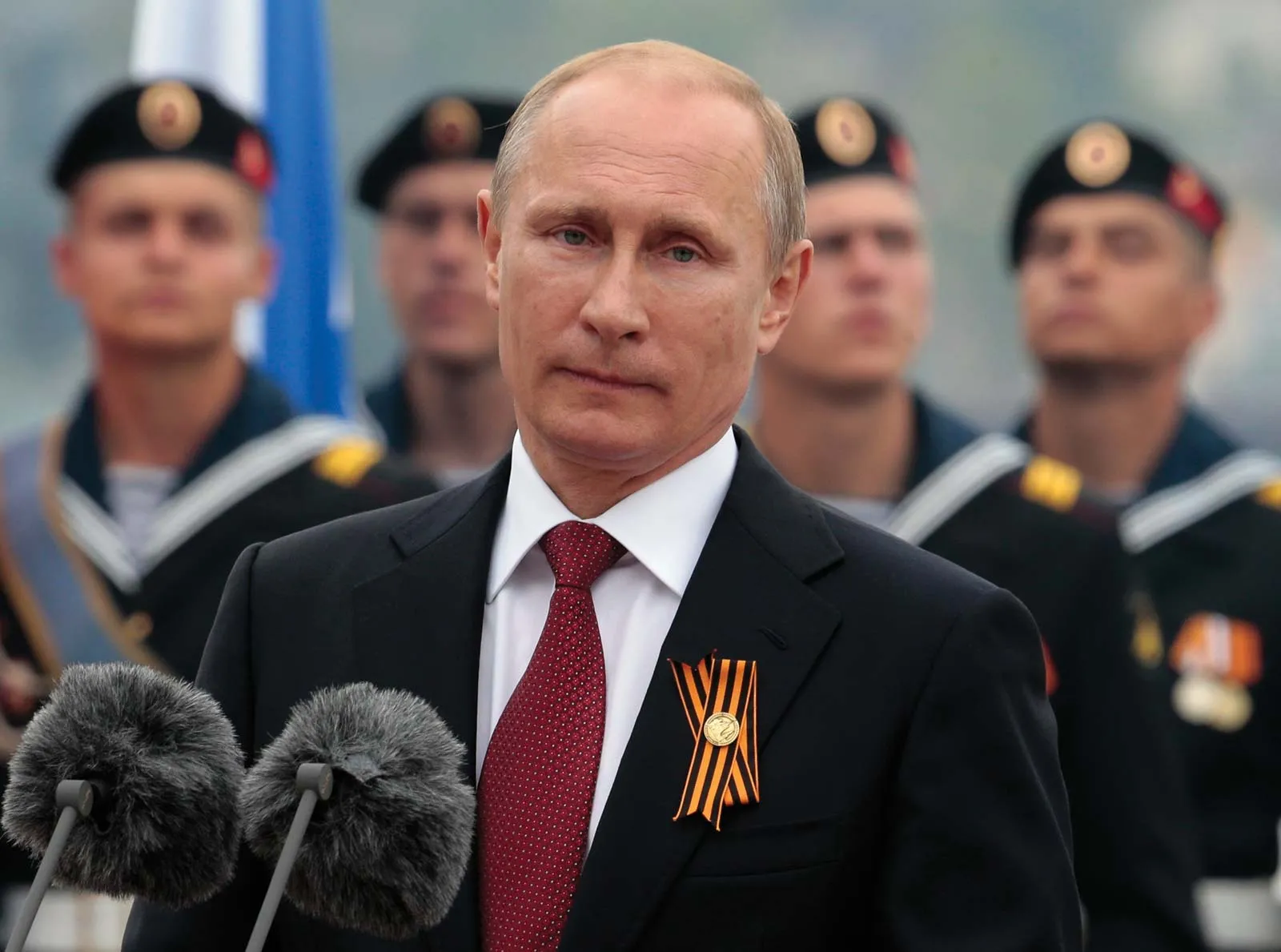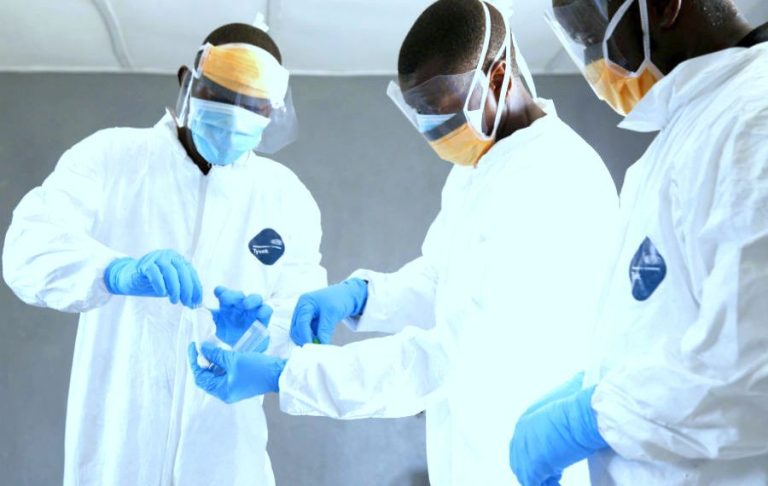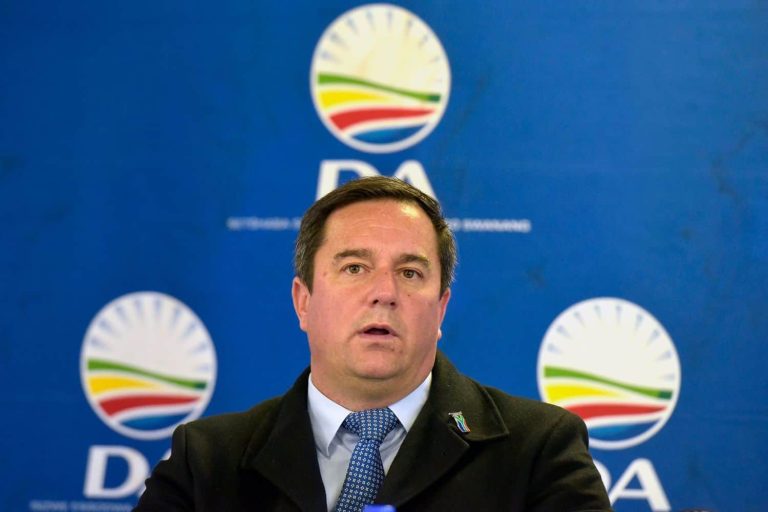
President Vladimir Putin has signed legislation formally withdrawing Russia from the European Convention for the Prevention of Torture, marking another step in Moscow’s steady retreat from Western institutions since the invasion of Ukraine.
Although Russia was expelled from the Council of Europe—the continent’s top human rights body—in March 2022, it technically remained bound by the anti-torture treaty, which allows international monitors to inspect prisons and detention centres. That obligation has now been terminated with Putin’s approval of the new law on Monday.
Explanatory notes attached to the legislation, passed by Russia’s rubber-stamp parliament, accused the Council of Europe of “discrimination,” citing the refusal to appoint a Russian representative to its statutory bodies.
Russia’s Foreign Ministry insisted last month that leaving the convention would not “harm” Russian citizens, stressing that Moscow remains committed to its “international human-rights obligations.”
However, rights experts expressed alarm. Two UN special rapporteurs recently warned that the withdrawal “raises red flags about what is going on behind bars” in Russia’s detention facilities.
The move comes against the backdrop of mounting accusations of abuses by Russian authorities during the Ukraine conflict.
Just last week, the Organisation for Security and Co-operation in Europe (OSCE) accused Moscow of “widespread and systematic violations” of international law in its treatment of Ukrainian prisoners of war, including reports of arbitrary killings.
A separate UN Human Rights Office report also concluded that Russian forces have subjected Ukrainian civilian detainees to a consistent pattern of serious violations, further intensifying global scrutiny of Moscow’s human rights record.



